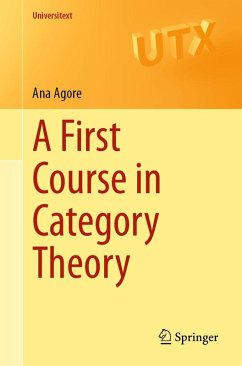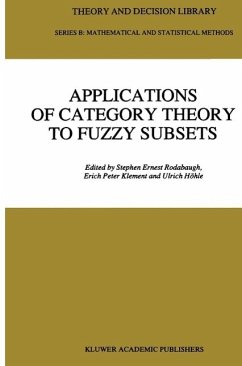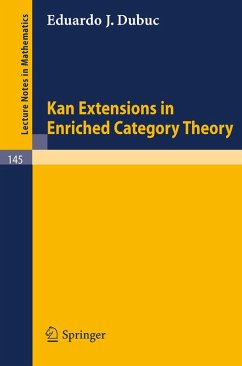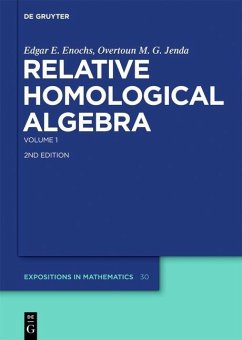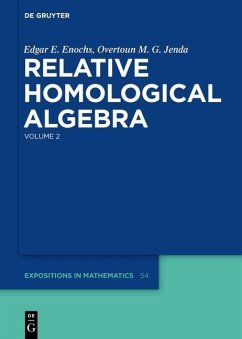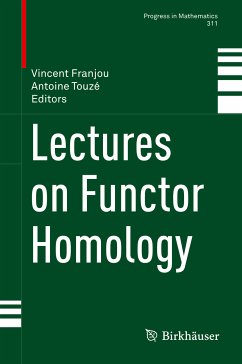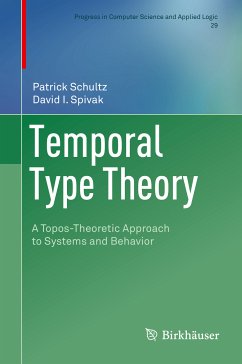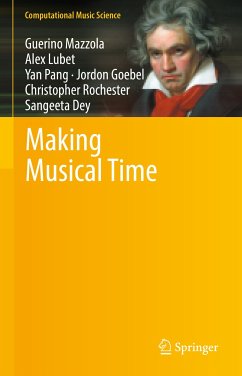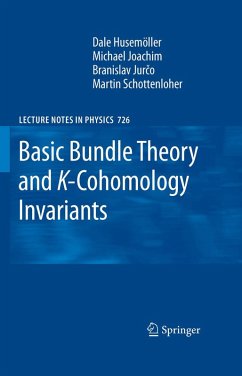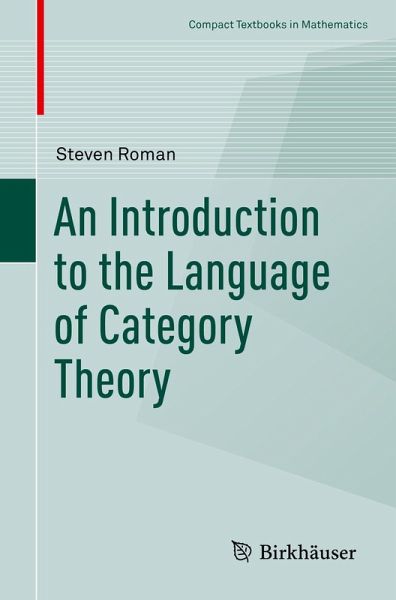
An Introduction to the Language of Category Theory (eBook, PDF)
Versandkostenfrei!
Sofort per Download lieferbar
52,95 €
inkl. MwSt.
Weitere Ausgaben:

PAYBACK Punkte
26 °P sammeln!
This textbook provides an introduction to elementary category theory, with the aim of making what can be a confusing and sometimes overwhelming subject more accessible. In writing about this challenging subject, the author has brought to bear all of the experience he has gained in authoring over 30 books in university-level mathematics. The goal of this book is to present the five major ideas of category theory: categories, functors, natural transformations, universality, and adjoints in as friendly and relaxed a manner as possible while at the same time not sacrificing rigor. These topics are...
This textbook provides an introduction to elementary category theory, with the aim of making what can be a confusing and sometimes overwhelming subject more accessible. In writing about this challenging subject, the author has brought to bear all of the experience he has gained in authoring over 30 books in university-level mathematics.
The goal of this book is to present the five major ideas of category theory: categories, functors, natural transformations, universality, and adjoints in as friendly and relaxed a manner as possible while at the same time not sacrificing rigor. These topics are developed in a straightforward, step-by-step manner and are accompanied by numerous examples and exercises, most of which are drawn from abstract algebra.
The first chapter of the book introduces the definitions of category and functor and discusses diagrams,
duality, initial and terminal objects, special types of morphisms, and some special types of categories,
particularly comma categories and hom-set categories. Chapter 2 is devoted to functors and natural
transformations, concluding with Yoneda's lemma. Chapter 3 presents the concept of universality and Chapter 4 continues this discussion by exploring cones, limits, and the most common categorical constructions - products, equalizers, pullbacks and exponentials (along with their dual constructions). The chapter concludes with a theorem on the existence of limits. Finally, Chapter 5 covers adjoints and adjunctions.
Graduate and advanced undergraduates students in mathematics, computer science, physics, or related fields who need to know or use category theory in their work will find An Introduction to Category Theory to be a concise and accessible resource. It will be particularly useful for those looking for a more elementary treatment of the topic before tackling more advanced texts.
Dieser Download kann aus rechtlichen Gründen nur mit Rechnungsadresse in A, B, BG, CY, CZ, D, DK, EW, E, FIN, F, GR, HR, H, IRL, I, LT, L, LR, M, NL, PL, P, R, S, SLO, SK ausgeliefert werden.
Alle Preise in Euro und inkl. der gesetzl. MwSt. | Innerhalb Deutschlands liefern wir preisgebundene Bücher versandkostenfrei. Weitere Informationen: bitte hier klicken
Support
Bitte wähle dein Anliegen aus:
Rechnungen
Bestellstatus
Retourenschein
Storno



